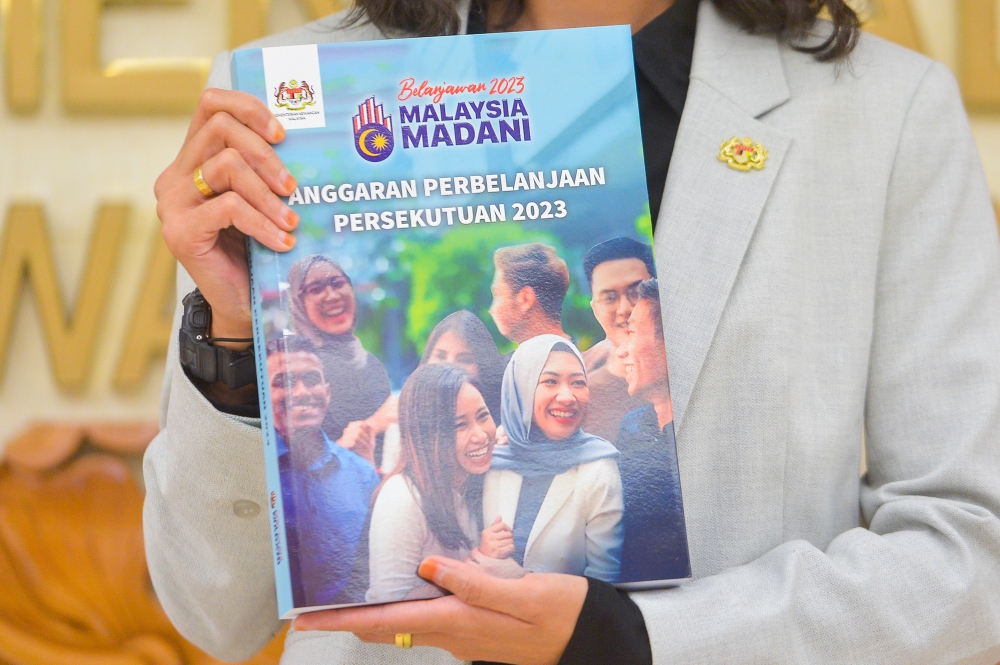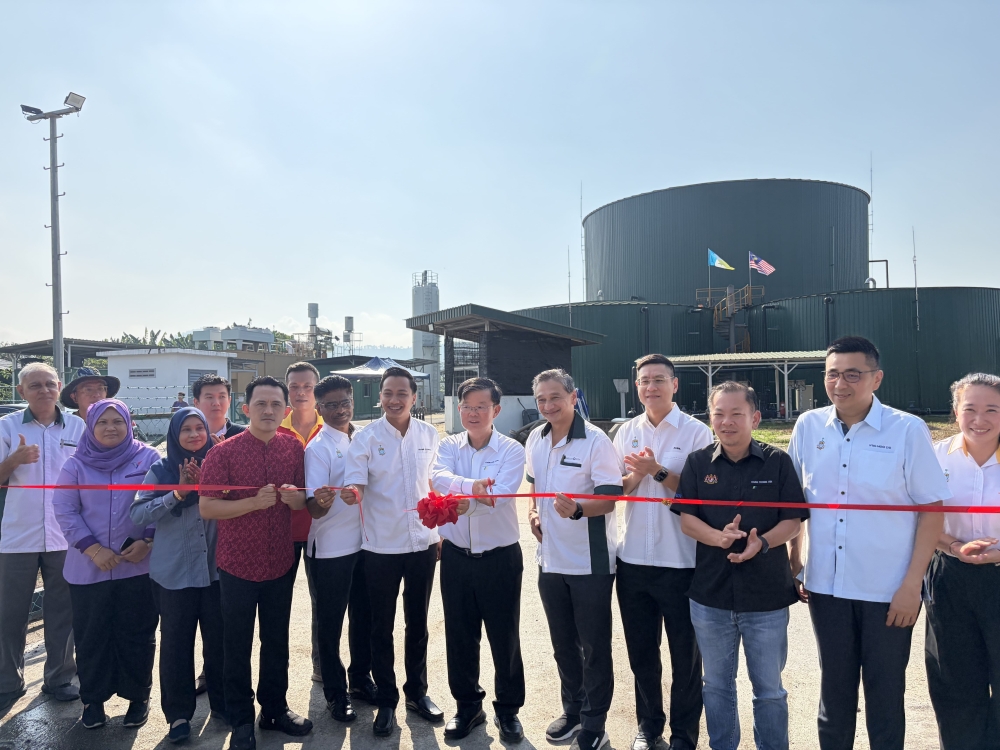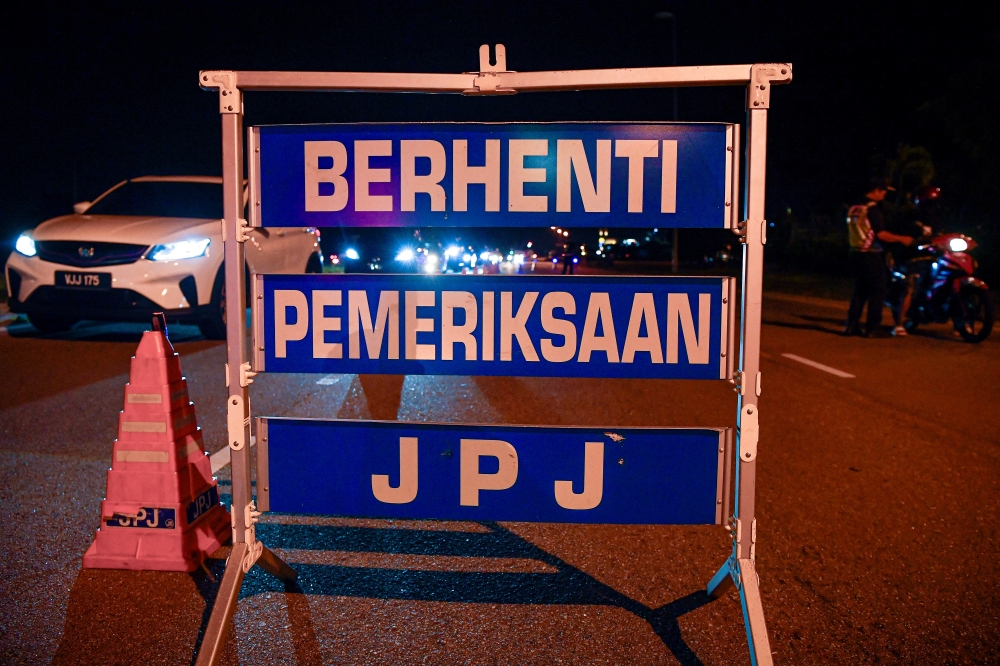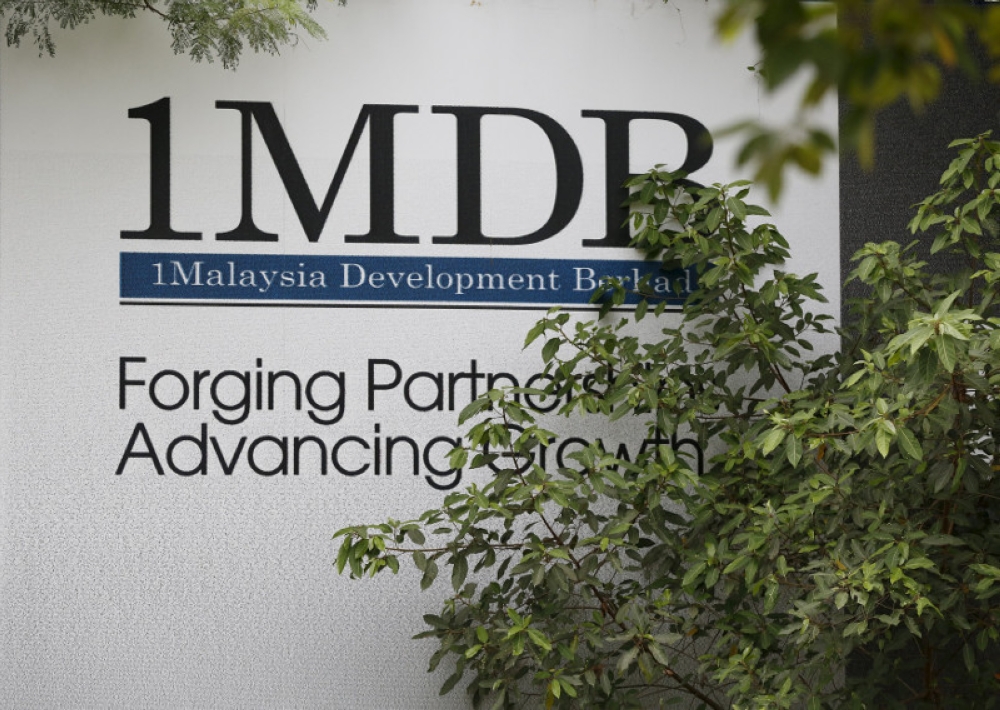FEBRUARY 28 — Change isn’t always good. Yet when change is done right, the positive outcomes will have a lasting impact that transcends generations.
In our opinion, Malaysia’s New Budget 2023 is a change done right.
From a Budget tabled in October 2022 which fell short of responsible fiscal reforms, the new Budget has several measured improvements.
For instance, a commitment to achieve sustainable fiscal deficit and the tabling of the Fiscal Responsibility Bill; a pledge for transparency in procurement through the Government Procurement Act and Whistleblower Protection Act; and also a promise to consolidate government agencies with overlapping functions.

Poverty alleviation
We applaud the government for exploring a new paradigm in hardcore poverty alleviation, one that is focused on long-term empowerment, instead of only stop-gap measures which provide temporary relief.
For instance, the People’s Income Initiative (Inisiatif Pendapatan Rakyat (IPR)) with an RM750 million allocation seeks to empower the hardcore poor to increase their earning potential through the purchase of equipment or employment subsidies.
This new programme promotes income generation as a means to break out of the poverty trap. It is certainly a more sustainable model of encouraging self-sufficiency instead of fostering a culture of dependency, which is a key message in our book Assessing and Addressing Urban Poverty in Malaysia — Social Mobility Through Entrepreneurship.
One important point to note is the need to incorporate a clear graduation mechanism for this People’s Income Initiative programme.
By implementing this, we can ensure that households that have developed the necessary resilience to lift themselves out of hardcore poverty will no longer be dependent on the programme’s benefits.
While we acknowledge the government’s noble goal to put an end to hardcore poverty, it is important that the measurement is done right.
In the past, flaws in the measurement of poverty through the unrealistically low Poverty Line Income (PLI) resulted in a vast undercounting of poverty rates.
This has masked the dire need for a reform of intervention strategies. Thus, if the PLI is not revised to reflect the current needs of optimal food intake and quality non-food basic requirements, we may fall into the delusion of thinking we have virtually eradicated hardcore poverty.
Human capital development
Next, we can never hide under the shadows of continuous skills development. It is a lifelong learning journey.
As the National Budget is formulated to drive economic development and recovery, casting a wider net of sustainability and inclusivity is very much needed for a competing workforce in the rapid change of the future job landscape, especially technological advancement.
Budget 2023 placed high emphasis on TVET skills development, knowing the existence of underemployment with mismatched salary and qualification.
As the global megatrends shift, the development of human capital changes too — disruptive technologies, digitalisation, urbanisation, and ageing population, among others. This also shapes the structure of future jobs and demands in the education system.
A few initiatives in the recent Budget focus on encouraging the private sector to employ with a higher value, covering skills training fees for gig workers in micro-credentials programmes, offering of grants for female workers to continue working after childbirth and encouraging employers to provide childcare centres in the office.
Such a great call must also place emphasis on appropriate tools to support and facilitate work transition as well as the ability to identify training that best suit the workers’ needs and preferences.
Accompanied by career guidance and advice to plan for a sustainable career path is equally crucial. The fundamental reason behind gig workers, for instance, is to live for another day.
To some, it is to obtain secondary income to live a reasonable living. How then can they manage their budget for better survival?
With that, are the proposed training programmes relevant to the current needs of each individual (and structural changes in the labour market), coupled with decent informed knowledge?
Food security
To address the rise of food prices, supply-side strategies in Budget 2023 to enhance food security are the right way forward.
As outlined in the new Budget, the government aims to drive productivity by encouraging private investments in agro-based industries through the provision of incentives, land, funding and technological grants.
Besides that, tax exemptions on capital expenditure in addition to training programmes to boost technological adaptation will go a long way in propelling local food production through automation and digitisation.
Supply-side strategies are much more effective than price controls, which distort the market and result in reduced supply.
In the fourth quarter of 2022, Malaysians saw how the price controls on chickens and eggs created a strong disincentive for producers, which led to a supply-demand mismatch.
However, the new Budget 2023 is also a missed opportunity to pursue a holistic approach to food security, striking a balance between food self-sufficiency and the international trade of food.
For agro-food produce where we lack a comparative advantage, we should seek to diversify sources of food imports which is more economically efficient instead of pushing for local production.
For example, the abolishment of approved permits (AP) requirements should be expanded to cover more food items, beyond just the four specific agro-food commodities announced in May 2022.
Moreover, import duties and tariffs on consumable items and intermediate inputs used in agro-food production should be reduced to lower input costs.
All in all, there were measured improvements and some missed opportunities — yet a positive change overall.
The impact of these changes will depend on the implementation process’s effectiveness and efficiency. At the end of the day, the best initiatives are only going to be as good as the implementation. Not just for us, but for our future generations.
* Benedict Weerasena is the Research Director and Abel Benjamin Lim is the Head of Economics & Public Policy of Bait Al Amanah.
** This is the personal opinion of the writer or publication and does not necessarily represent the views of Malay Mail.





















